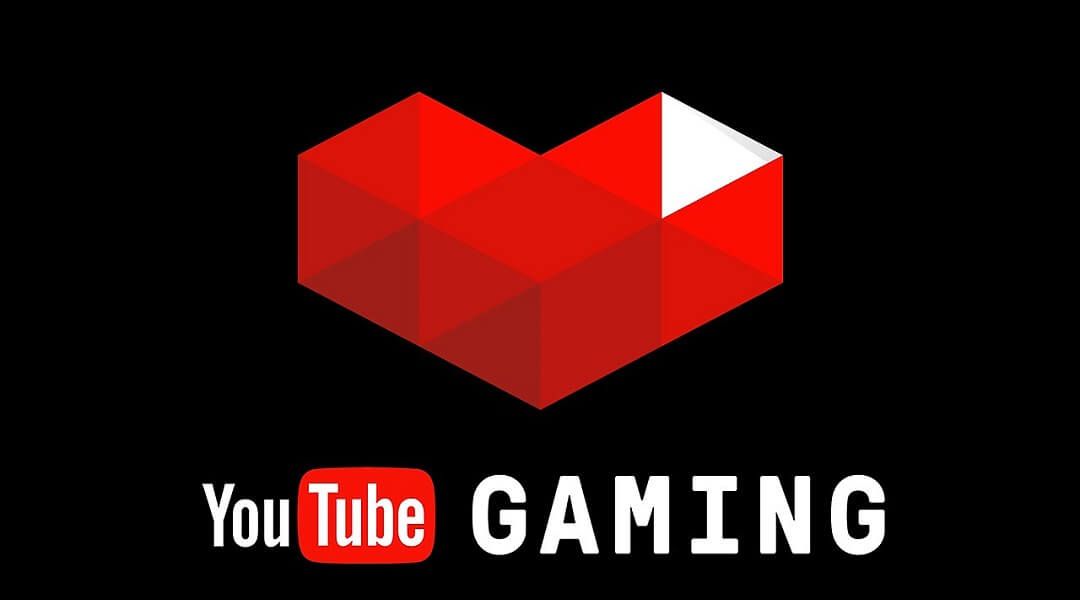Twitch has completely changed the way that people experience games. The live streaming service allows people to tune in to watch their favorite streamers, in the same way that people would watch a TV show. It allows developers to interact with their communities with streams of gameplay (or Q&A sessions) and it's also been the home of many game reveals, with Cliffy B's new shooter LawBreakers being announced via the site just yesterday. In fact, it's even lead to some unexpected gaming moments such as Twitch Plays Pokémon and Twitch Plays Dark Souls.
YouTube, on the other hand, has mostly catered to gamers by hosting trailers for new games. And although those are an important part of the site (which is also the second largest search engine in the world), it was still losing viewers to Twitch. The problem was, that YouTube didn't have a solid livestreaming platform as streams had to be scheduled in advance, so after YouTube's parent company Google lost out on a deal to buy Twitch outright (Amazon bought the company instead), they launched a brand new service called YouTube Gaming. Notable features included the ability to 'favorite' games, allowing users to easily find more content about them and the 'DVR mode' that allows viewers to rewind the last four hours of a stream.
Although YouTube Gaming has a huge fight on its hands if it wants to take Twitch's streaming crown, since the service went live yesterday, reviews of its features have been mostly positive. However, there's one place that YouTube Gaming has been criticized more than Twitch, and that's it's copyright policy. YouTube is already notorious for enforcing a harsh copyright policy (Konami and Nintendo have both received backlash for the videos that they've filed to have taken off of YouTube) and this reputation has only gotten worse with YouTube Gaming. If YouTube's Content ID (copyright) scanner picks up some copyrighted content, it can cut off streams as they are broadcasting.
YouTube's Content ID policy explains:
"Content ID scans all live streams and Hangouts on Air for third-party content. When Content ID identifies third-party content, a placeholder image may replace your live broadcast until Content ID no longer detects third-party content. In some cases, it may terminate your live broadcast. Live streams and Hangouts on Air can also be terminated if they receive a copyright strike or a Community Guidelines strike.
Please understand that a Content ID claim may interrupt your live broadcast even if you licensed the third-party content in question, or even if you restricted your broadcast to a territory in which you own all the necessary rights. If a third party has claimed the content in your video through Content ID, you may ask the content owner to whitelist your channel to facilitate future live streams and Hangouts on Air."
The policy is particularly concerning as Content ID could very well come up with false positives. For example, what happens if a car drives past the streamer's house, blaring copyrighted music from their speakers? Or what happens if the streamer's roommate has an impromptu disco in the next room, without realising that the streamer is on air?
It should be noted that Content ID warnings can be disputed with YouTube, something which may mitigate examples like these, but if YouTube doesn't agree that it was an accident, the streamer will get a strike to their account. Strikes can be removed by six months of good behavior and by attending YouTube's Copyright School, but three strikes will see the account get deleted.
Some are also unhappy with this copyright policy as it works much differently to Twitch's. Although Twitch did receive initial backlash when its copyright policy was announced, the streaming site only performs copyright scans on archived streams, at which point it would mute the offending stream for 30 minutes (an authorized music library was also introduced to help with this). On Twitch, there is no risk of a stream being sniped out of the air by a rogue copyright scan and many feel that if YouTube doesn't change its copyright policy to be more in line with Twitch's, YouTube Gaming will not be able to beat its livestreaming rival.
Source: Kotaku

